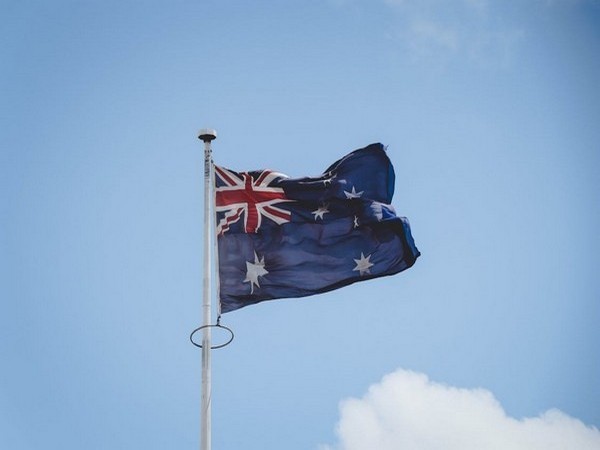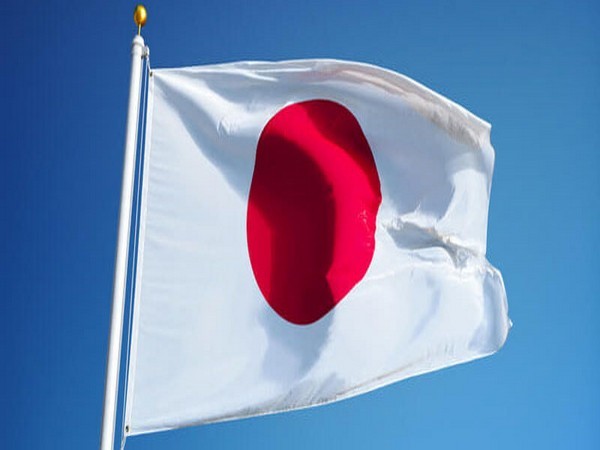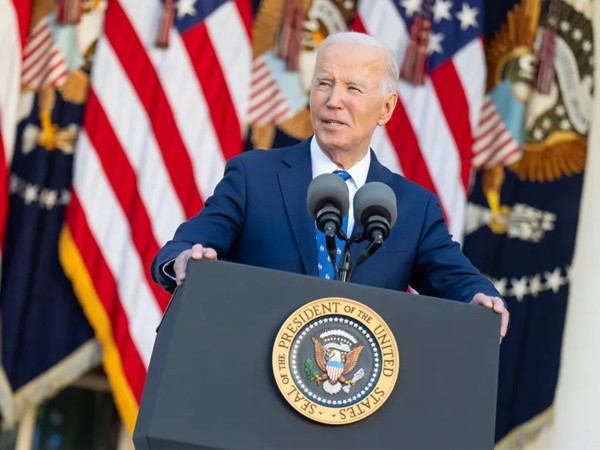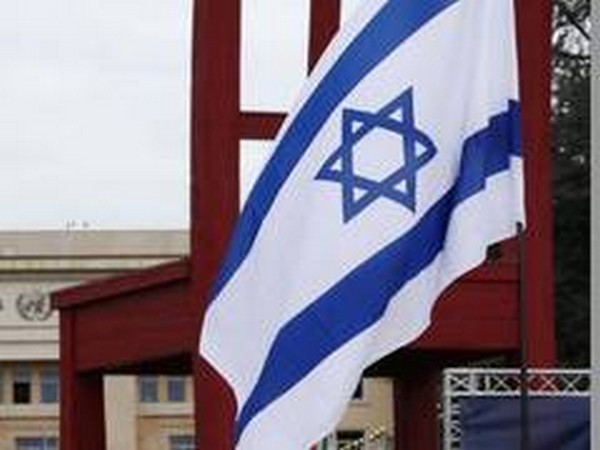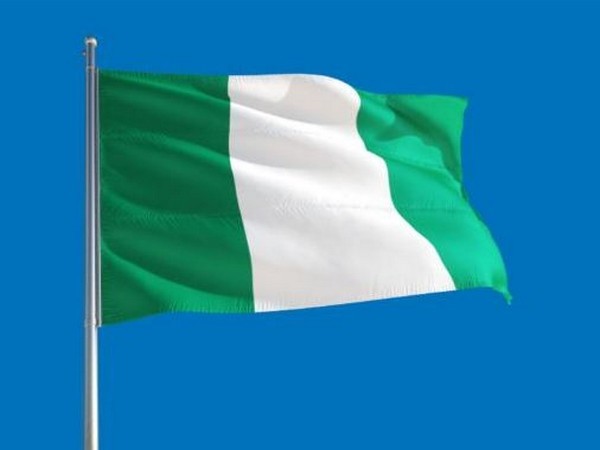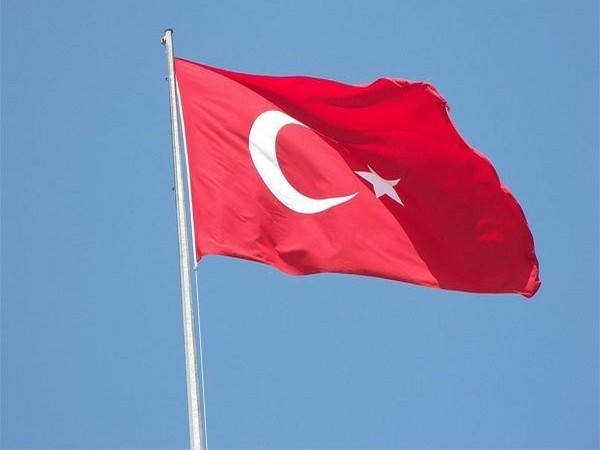
Pro-Kurdish candidate fights anti-migrant sentiment in Turkey
Mar 31, 2024
Ankara [Turkey], March 31: A pro-Kurdish candidate, who lost his arm in prison during a police raid after a hunger strike in 2000, has turned three decades of social activism into a fight against the anti-migrant sentiment dominating local elections in Turkey.
Veli Sacilik, 47, made a name for himself with a 2017 photograph of demonstrations in Ankara against a civil service purge, where he is seen struggling with his left arm against riot shields. Now the former prisoner is fighting anti-refugee rhetoric which dominates the campaign for municipal elections on March 31 in the city of Bolu in northwestern Turkey.
Standing for the pro-Kurdish Dem (Peoples' Equality and Democracy Party) party, Sacilik wants to "offer a democratic alternative" for his city which he says is "stuck between racism and a rent economy".
The debate on Turkey's 3.3 million Syrian refugees has virtually disappeared since the May 2023 presidential election, except in Bolu, where Sacilik's opponents have built their campaign on anti-migrant sentiment. One such opponent is the outgoing mayor Tanju Ozcan of the main opposition CHP party, known for displaying an anti-Syrian refugee banner at Bolu's entrance.
"Tanju Ozcan is a populist. If you don't fight against wars and for the environment, you can't solve immigration issues," said Sacilik, accompanied by his Kurdish running mate, Birsen Bas. "We are the candidates of the anti-populists, the young and the urban poor." Despite Syrian refugees making up just 1.2 percent of the city's population, Ozcan has tried to pursue anti-migrant policies including a failed attempt to charge them ten times more for water or to withdraw business permits. Ozcan did not respond to a request for an interview with AFP.
Multiple identities
At first glance, everything seems to pit socialist Sacilik against his conservative and veiled running mate or "co-chairwoman" Bas. But Sacilik sees these differences as an asset to politics rather than a disadvantage. Indeed co-chairing, where a political position is jointly occupied by a woman and a man, became integral to the Kurdish political tradition following the struggle of the Kurdish women's movement in the 1990s. "As a man and a woman, Alevi and Sunni, disabled and able-bodied, secular and conservative, we embrace all identities," he said smiling.
Their alliance also opens doors to working-class conservative districts of Bolu, home to almost 20,000 voters of Kurdish origin. "Here, most women are made to stay at home, and they are even afraid to have their photo taken without their husband's permission," said Bas. "I talk to them about women's rights and reassure them."
Constant threat
Many residents, however, still fear being seen with pro-Kurdish candidates. Attacks on shopkeepers and workers of Kurdish origin across several Turkish cities in 2015 are still fresh in people's minds. "I have been in Bolu for 30 years, my children were born here, they don't even speak Kurdish but my restaurant was stoned by my neighbors," said an anonymous shopkeeper.
Dem, formerly the Pro-Kurdish People's Democratic HEDEP party, is a successor to the leftist HDP, which Freedom House has said "suffered legal and even physical attacks from the Turkish authorities". Dem is now the third-largest political party, but the HDP's former leader Selahattin Demirtas remains imprisoned after facing "terrorism" charges in 2016.
"Nationalism is on the rise in Bolu because of the mayor's populist rhetoric," said Metin, a student of Kurdish origin. "Even some teachers look at us sideways."
For Ozkan Ustun, co-president of the health workers' union, prevailing racism prevents people from talking about "unreported employment, environmental problems, transport or the risk of earthquakes in Bolu". Bolu's emblematic storks no longer stop in the city because of deforestation and the construction of an irrigation basin, Ustun added. The outgoing mayor "announced that he doesn't want any more immigrants, so the migratory birds won't come any more," joked Sacilik. - AFP
Source: Kuwait Times
